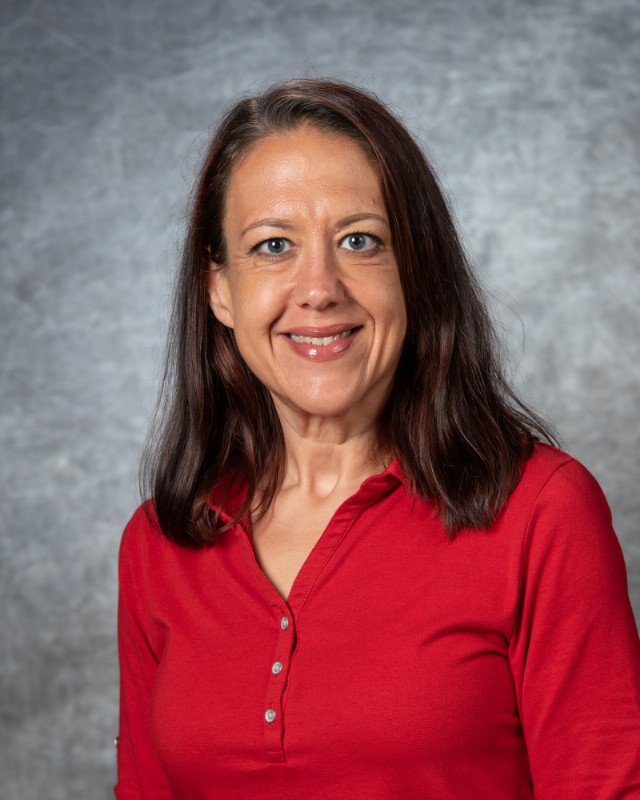Math
The goal of the math program is to give students the mathematical skills, problem-solving techniques, and analytical skills necessary to excel in today’s society. Learning mathematics ought to be an active rather than passive undertaking, and both individual and group involvement help strengthen mathematical skills as well as afford students opportunities to view mathematics from multiple perspectives. Students learn how to think and communicate mathematically through varied forms of instruction. Mental math and problem-solving strategies are incorporated into all courses.
The math department seeks to place students in math sections relevant to their skill level, and in which they will be challenged to think quantitatively, work efficiently, and contribute actively in class discussions. We offer a spectrum of courses from traditional high-school math courses to university level courses. The sequence of required courses begins with Algebra I and continues through Geometry, Algebra II, Precalculus, Calculus (Honors or AP AB). Graduation requirements for mathematics include four credits taken while a student is in the High School. Note: Department approval is required for any student who wishes to enroll in two math classes simultaneously.
The first year of Algebra includes the study of properties and operations of the real number system, evaluation of rational algebraic expressions, solutions, and graphs of first-degree equations and inequalities, operations with the factoring of polynomials, and solution of quadratic equations and inequalities. Further topics include variables, field properties, algebraic fractions, ratio and proportion, linear equations, direct and inverse variation, systems of equations in two variables, and irrational numbers. Students must have completed Pre-Algebra before taking this course.
Geometry includes the study of properties of plane and solid figures, deductive methods of reasoning and use of logic, and the application of algebraic techniques in the solution of geometric problems. Topics include angles, congruent triangles, lines in the plane, parallel lines and related figures, lines and planes in space, polygons, similar polygons, the Pythagorean Theorem, circles, area, surface area, volume, coordinate geometry, and locus. Students must have completed Algebra I before taking this course.
The second year of algebra covers field properties and theorems, set theory, operations with rational and irrational expressions, factoring of rational expressions, in-depth study of linear equations and inequalities, constant, linear and quadratic equations, properties of higher degree functions, operations with rational and irrational exponents, complex numbers, logarithms, and an introduction to trigonometry. Students study the unifying theme of functions with graphing calculators and computers. Students must have completed Algebra I/Algebra I Honors before taking this course. Note: Students with departmental approval may take Geometry and Algebra II during the same school year.
Precalculus combines the study of trigonometry, elementary functions, analytic geometry, and math analysis topics as preparation for Calculus. Topics include complex numbers, polynomial, logarithmic, exponential, rational, right trigonometric and circular functions and their relations, inverses, and graphs, trigonometric identities and equations, solutions of right and oblique triangles, vectors, polar coordinates, conic sections, mathematical induction, matrix algebra, sequences and series, limits and continuity, binomial theorem, permutations and combinations, and probability. Students study functions extensively with graphing calculators.
Algebra III is a course meant to prepare students for higher level math courses such as College Algebra. We will review many of the concepts from Algebra II while working to build strong thinking and reasoning skills which are necessary to survival not only in college, but also in most careers. Looking at how these concepts can be used in the world outside the classroom will allow students to gain a better appreciation for how all of what they have seen so far in math comes together.
This course provides students with an understanding of the concepts of calculus and experience with its methods and applications. The course includes the study of elementary functions, properties of functions and their graphs, limits and continuity, differential calculus, and integral calculus. The BC course also includes the study of vector functions, parametric equations, polar coordinates, and sequences and series. Students are expected to investigate and solve problems using algebraic, numerical, graphical, verbal, and written methods.

